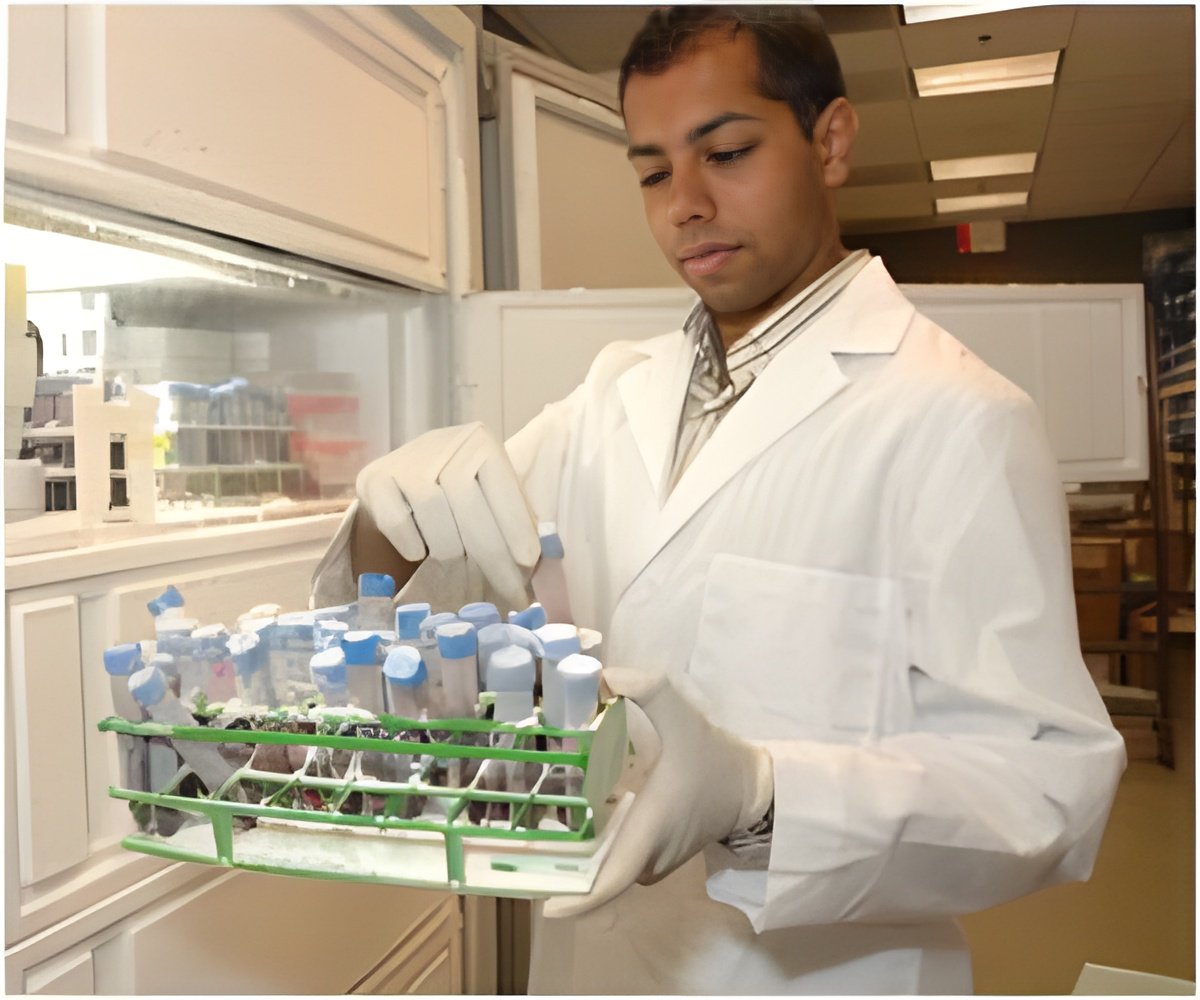Given a worldwide epidemic of prescription and illicit drug abuse and its devastating impacts on public health, new technologies are urgently needed.

‘Prescription and illicit drug abuse has devastating impacts on public health, thus conventional tests using immunoassays fall short.’





The new method would eliminate a two-stage process currently in use for drug monitoring by allowing technicians to run many tests at once in a high throughput manner -- dramatically cutting processing time while improving screening accuracy with quality assurance. Importantly, this mass spectrometric method can also screen for a wider range of drugs of abuse, as well as identify designer drugs that elude conventional tests. New technologies are urgently needed, given a worldwide epidemic of prescription and illicit drug abuse and its devastating impacts on public health. According to a recent report by the United Nations Office on Drugs and Crime, approximately 35 million people worldwide used opioid drugs in the year 2014. In 2016, the Public Health Agency of Canada reported an estimated 2,800 people died of opioid overdoses alone. It expects that number to rise to at least 3,000 in 2017.
Conventional tests using immunoassays fall short because they cannot detect the alarming assortment of drugs, which include synthetic opioids, tranquilizers, stimulants and anti-anxiety agents. Additional confirmation tests are also required due to a high rate of false positives and false negatives, which slows the process further.
"Drug testing is always behind the times since screening relies on antibody reagents that target only known drugs and they are prone to error, which contributes to higher health care costs and delays to clinical decision making," explains Phillip Britz-McKibbin, a professor in the Department of Chemistry and Chemical Biology at McMaster and lead author of the study.
"Current technologies are not specific, accurate nor comprehensive enough, which impairs a physician's ability to properly care for patients, such as monitoring for drug compliance, potential substitution or polydrug usage," he says.
Advertisement
Researchers plan to validate the method relative to conventional screening tests for a broad spectrum of drugs of abuse on a cohort of in-patients, currently under physician care.
Advertisement








